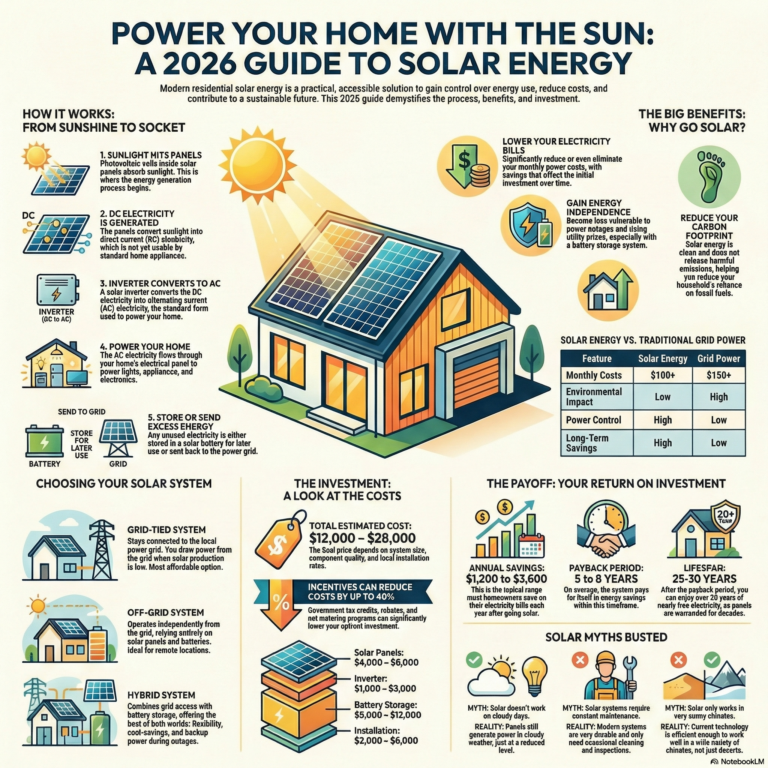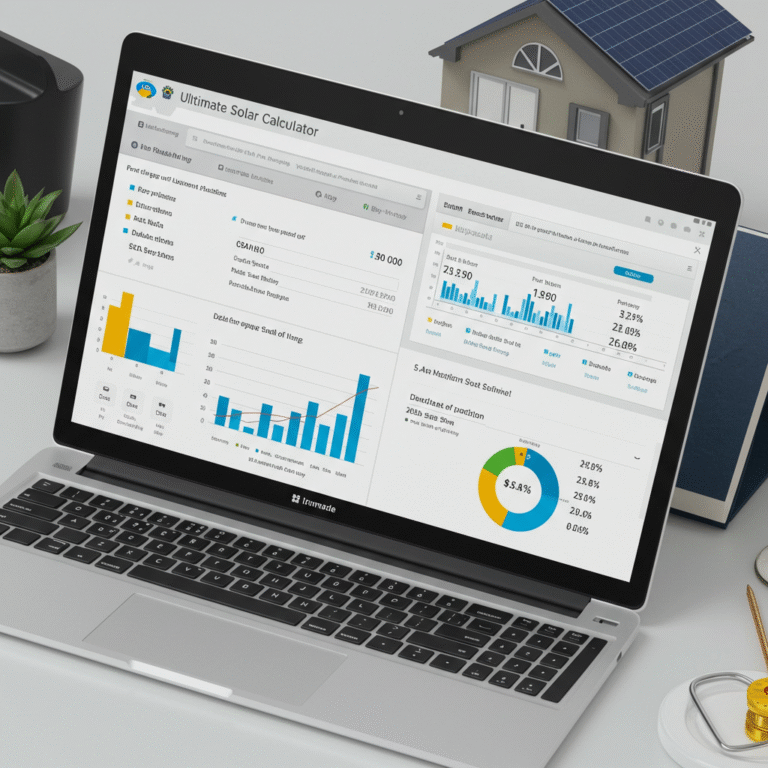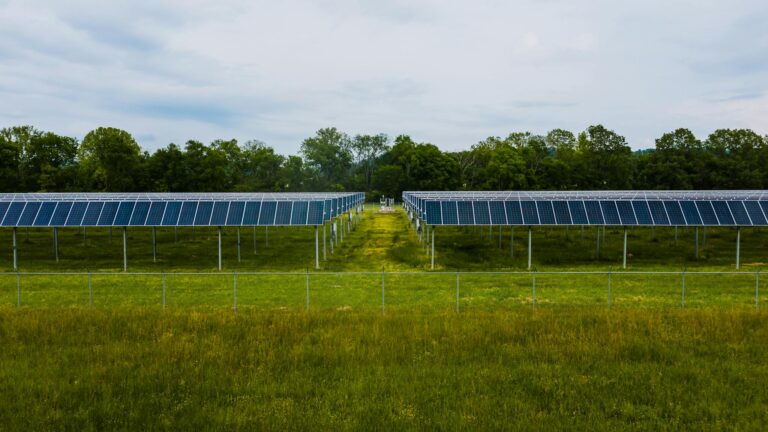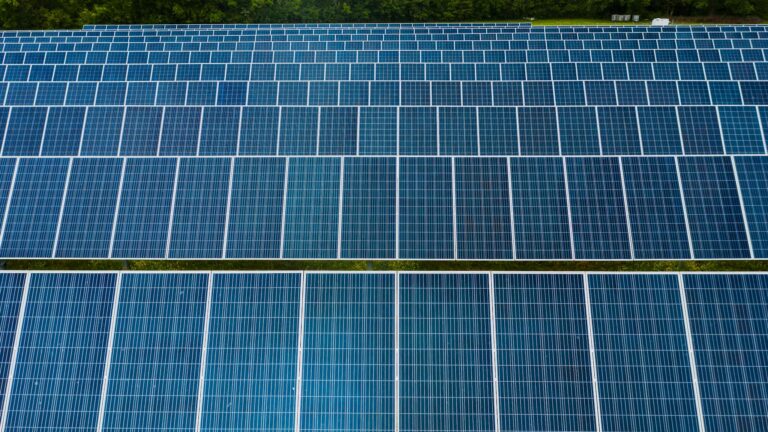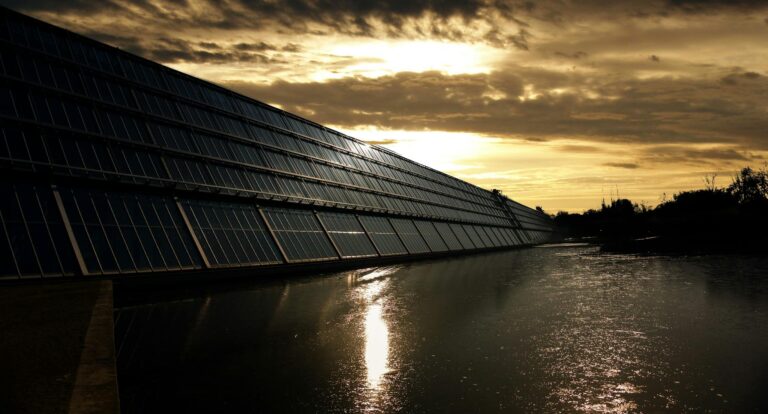Learn About Off-Grid and Hybrid Systems in Solar Energy
As the demand for sustainable and renewable energy sources rises, solar energy continues to gain popularity among homeowners, businesses, and remote communities. Two notable configurations in the world of solar power systems are off-grid and hybrid systems. Understanding the differences, advantages, and use cases of each system can help you make a more informed decision about your solar investment.
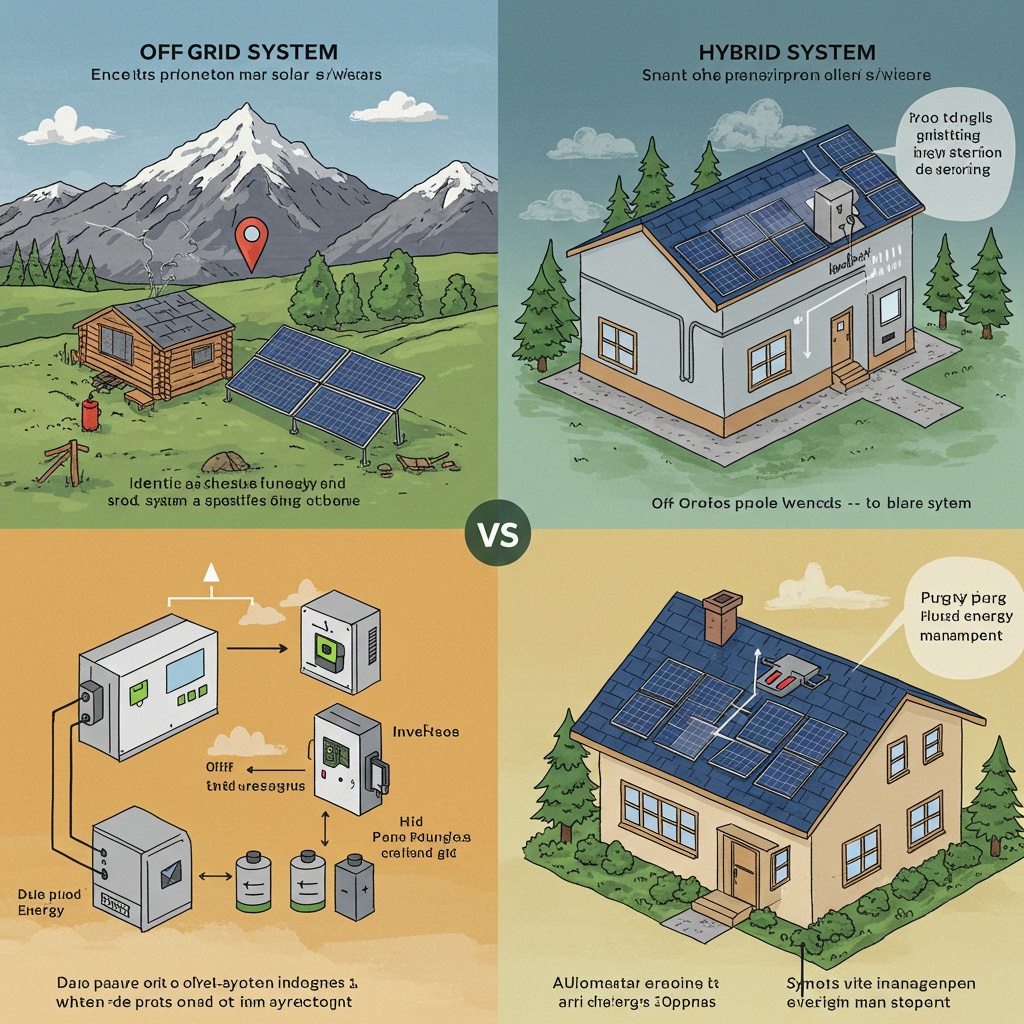
In this article, we will dive deep into off-grid and hybrid solar systems, explore how they work, compare their pros and cons, and help you determine which system suits your energy needs best.
What Is an Off-Grid Solar System?
An off-grid solar system, as the name suggests, is not connected to the electricity grid. It is a standalone power system designed to produce, store, and supply energy independently. This type of system is ideal for remote areas where access to the utility grid is either unavailable or too expensive to install.
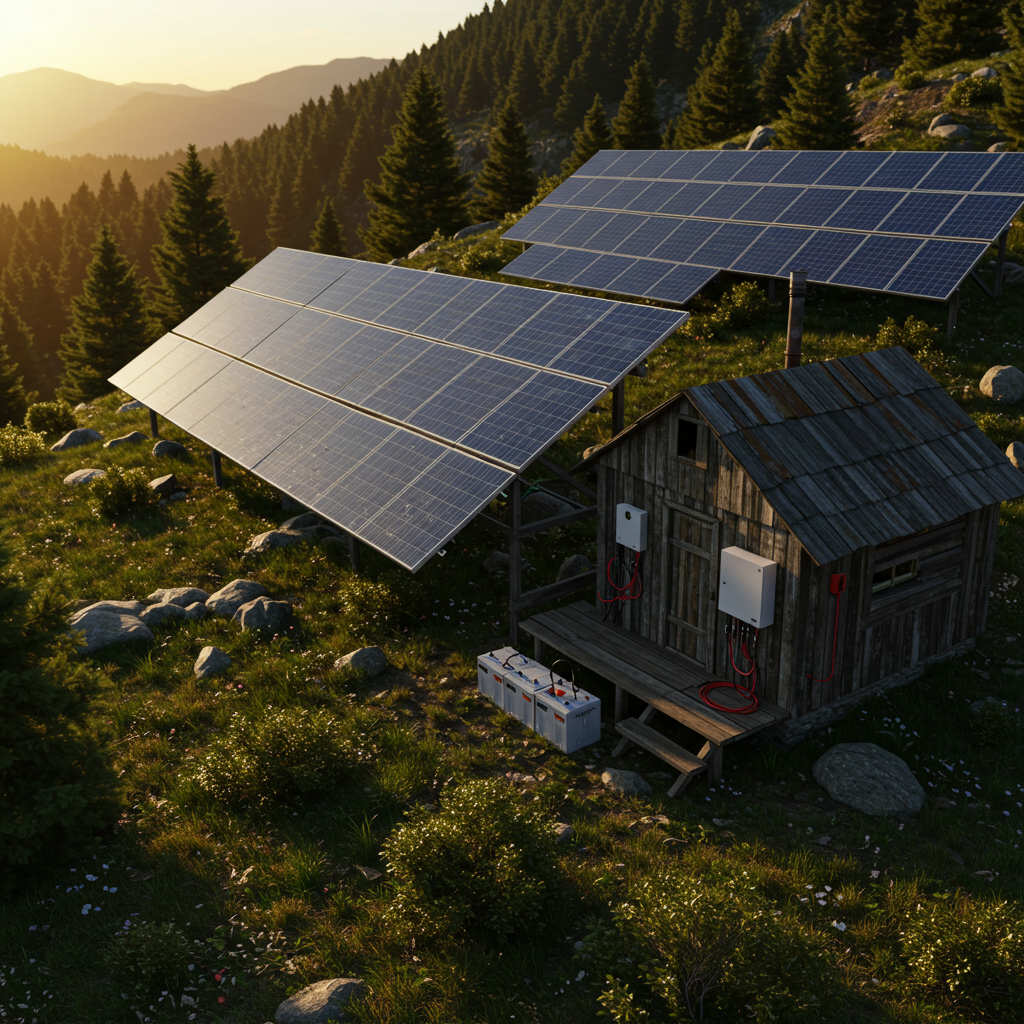
Key Components of an Off-Grid Solar System:
- Solar Panels – Convert sunlight into direct current (DC) electricity.
- Charge Controller – Regulates voltage and current to prevent overcharging of the batteries.
- Battery Bank – Stores the energy generated during the day for use at night or during cloudy weather.
- Inverter – Converts stored DC energy into alternating current (AC) for household or commercial use.
- Backup Generator (Optional) – Acts as a failsafe during prolonged cloudy days or high energy demand.
Advantages of Off-Grid Systems:
- Independence from utility companies.
- No monthly electricity bills.
- Ideal for rural or remote locations.
- Reliable during blackouts or grid failures.
Disadvantages:
- Higher initial setup cost due to battery storage.
- Requires careful planning to avoid power shortages.
- Battery maintenance and eventual replacement can be expensive.
What Is a Hybrid Solar System?
A hybrid solar system combines the benefits of grid-tied and off-grid systems. It is connected to the power grid while also incorporating battery storage. This setup allows users to store excess energy for use during power outages or peak demand hours, while still having access to grid electricity when needed.
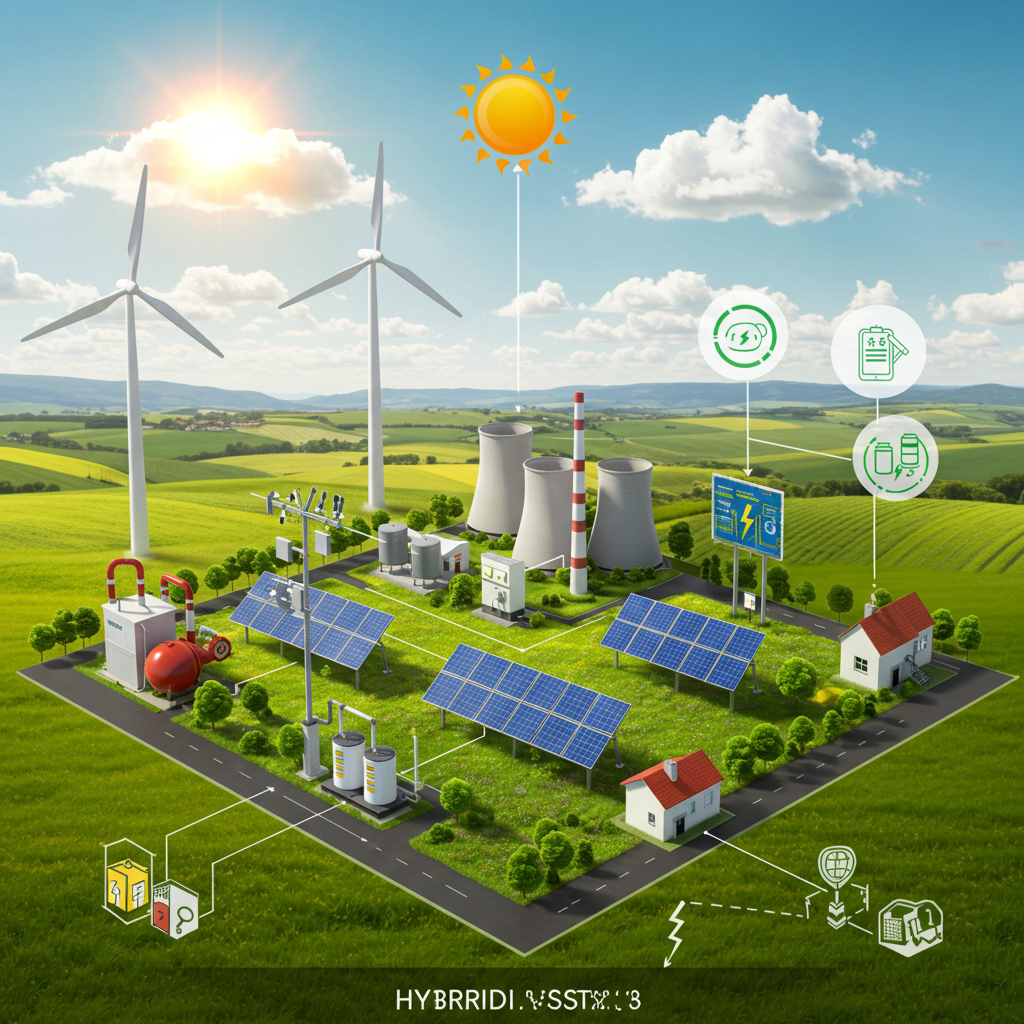
Key Components of a Hybrid Solar System:
- Solar Panels
- Hybrid Inverter – Manages the flow of power between solar panels, battery storage, and the grid.
- Battery Storage
- Grid Connection
How It Works:
- Solar panels generate electricity during the day.
- Electricity is used to power appliances.
- Excess energy is stored in batteries.
- Once batteries are full, any additional power can be fed back into the grid.
- At night or during low sunlight, power is drawn from the battery or the grid as needed.
Advantages of Hybrid Systems:
- Backup power during outages.
- Reduces electricity bills by storing energy for later use.
- Can earn credits through net metering by selling excess energy back to the grid.
- Flexibility and reliability.
Disadvantages:
- More expensive than grid-tied systems.
- Complex installation and configuration.
- Battery degradation over time.
Off-Grid vs. Hybrid Solar Systems: A Detailed Comparison
| Feature | Off-Grid System | Hybrid System |
|---|---|---|
| Grid Connection | No | Yes |
| Battery Storage | Required | Optional but recommended |
| Backup Power | Yes (through battery/generator) | Yes (battery + grid) |
| Cost | Higher initial investment | Moderate to high |
| Ideal For | Remote locations, total independence | Urban areas, partial grid independence |
| Net Metering | Not applicable | Possible |
| Energy Security | High, but battery dependent | Very high, with grid as secondary source |
| Maintenance | Moderate (especially batteries) | Moderate |
When Should You Choose Off-Grid?
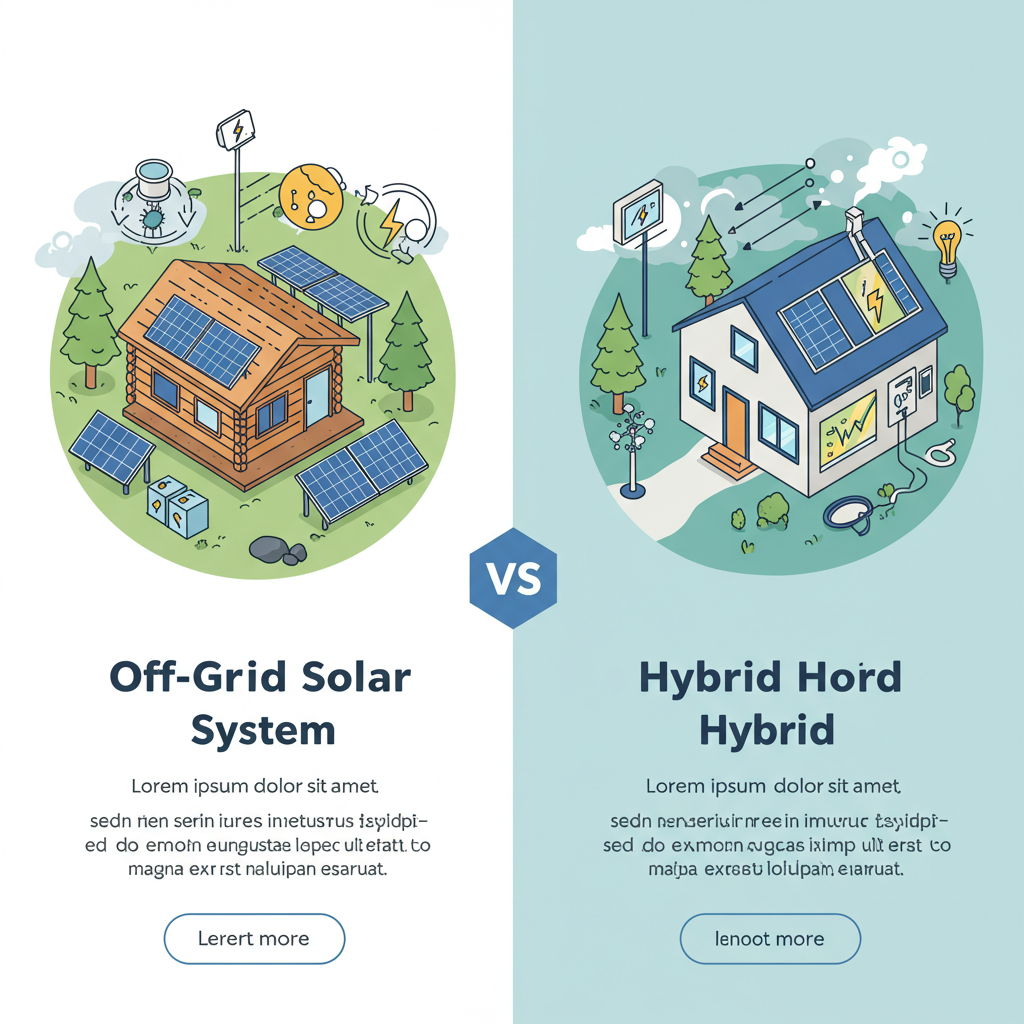
Choose an off-grid solar system if:
- You live in a remote area with no grid access.
- You want complete energy independence.
- You are comfortable with the responsibility of maintaining your battery bank.
- You are prepared for a higher upfront investment to eliminate recurring electricity bills.
When Should You Choose Hybrid?
Go for a hybrid solar system if:
- You want to reduce your dependence on the grid without fully disconnecting.
- You live in an area that experiences frequent power outages.
- You want to lower electricity bills and potentially earn via net metering.
- You seek a more flexible and reliable system for long-term use.
Financial Considerations
When considering solar systems, it’s essential to evaluate the return on investment (ROI), government incentives, and your energy consumption patterns.
Off-Grid System Costs:
- More expensive due to the need for a large battery bank.
- Less affected by electricity rate changes.
- No monthly bills.
Hybrid System Costs:
- Generally less expensive than off-grid.
- Opportunity for government rebates and tax credits.
- Savings on electricity bills and earnings from net metering can accelerate ROI.
Environmental Impact
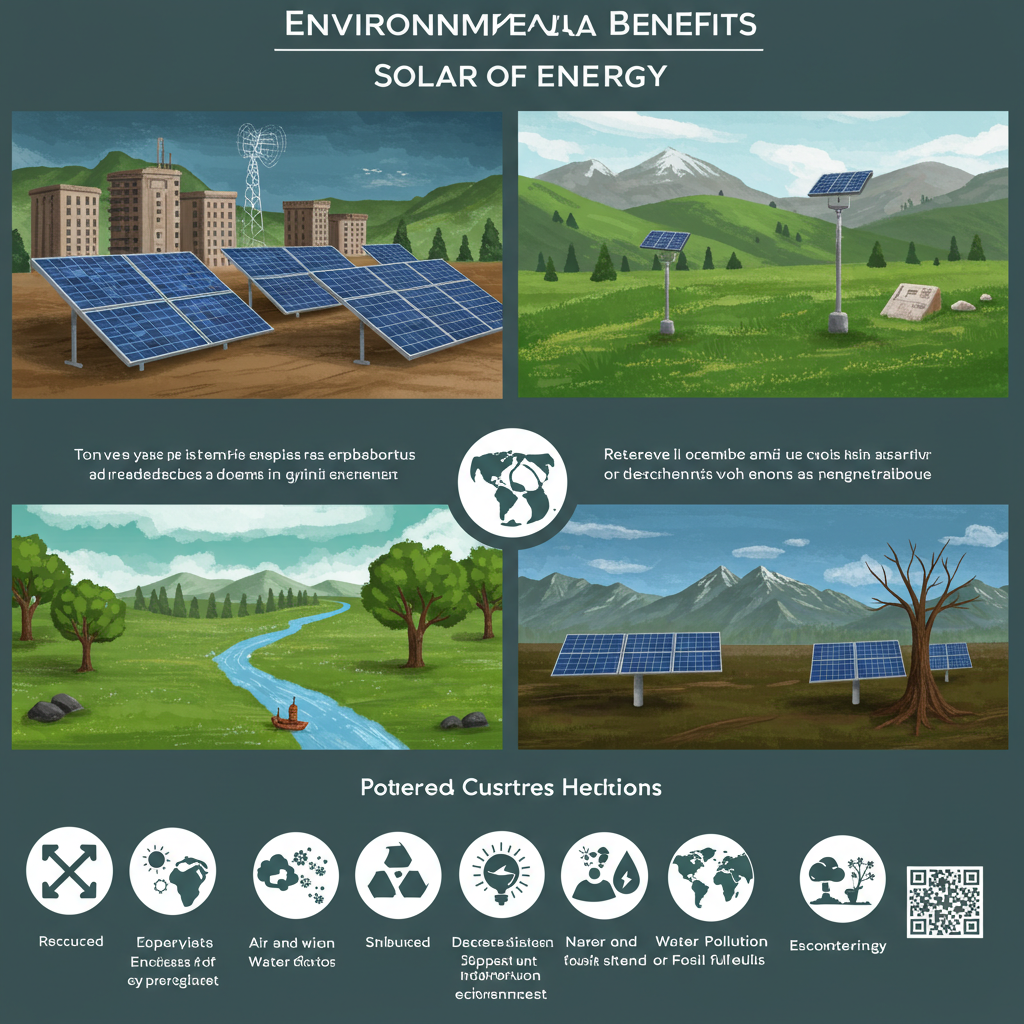
Both systems offer a clean, renewable energy solution that reduces carbon emissions and reliance on fossil fuels. However:
- Off-grid systems often include backup generators that use diesel or gas, which can affect their overall eco-friendliness.
- Hybrid systems can maximize solar usage and reduce reliance on the grid, especially when combined with smart energy management.
FAQs About Off-Grid and Hybrid Solar Systems
1. Can I go off-grid with solar panels only?
No. You will also need a battery bank to store energy for nighttime or cloudy days, and possibly a backup generator for emergencies.
2. Do hybrid systems work during a power outage?
Yes, hybrid systems with battery storage can continue to supply power during outages, unlike traditional grid-tied systems.
3. Is it possible to upgrade from hybrid to off-grid later?
Yes, it is technically possible, but it requires additional components like a larger battery bank and potential changes in the inverter setup.
4. How long do solar batteries last?
Most solar batteries have a lifespan of 5 to 15 years, depending on usage, type (lithium-ion or lead-acid), and maintenance.
5. Are there incentives for installing these systems?
Yes. Many countries offer tax credits, rebates, and net metering programs to encourage the use of solar energy.
6. Which is better for urban areas: off-grid or hybrid?
Hybrid systems are generally better suited for urban and suburban homes due to the availability of grid access and net metering options.
Conclusion
Choosing between an off-grid and hybrid solar system depends on several factors, including your location, energy needs, budget, and preference for independence vs. flexibility. Both systems offer significant benefits, especially in reducing carbon footprints and lowering long-term energy costs.
If you live in a remote area or want full control over your power supply, an off-grid system may be the way to go. On the other hand, if you’re looking for reliability, energy savings, and backup power, a hybrid system might be your best bet.
Final Thoughts
The shift to solar energy is more than just a trend—it’s a move toward sustainable living and energy freedom. Off-grid and hybrid systems both play vital roles in the solar landscape, offering different paths to energy independence. By understanding your personal or business needs, you can invest wisely in a system that supports your goals, reduces your carbon footprint, and potentially saves you thousands of dollars over time.
If you’re considering installing a solar energy system, consult with a local solar installer or use online calculators to estimate your power needs, ROI, and installation costs. The future is bright—and solar-powered!
